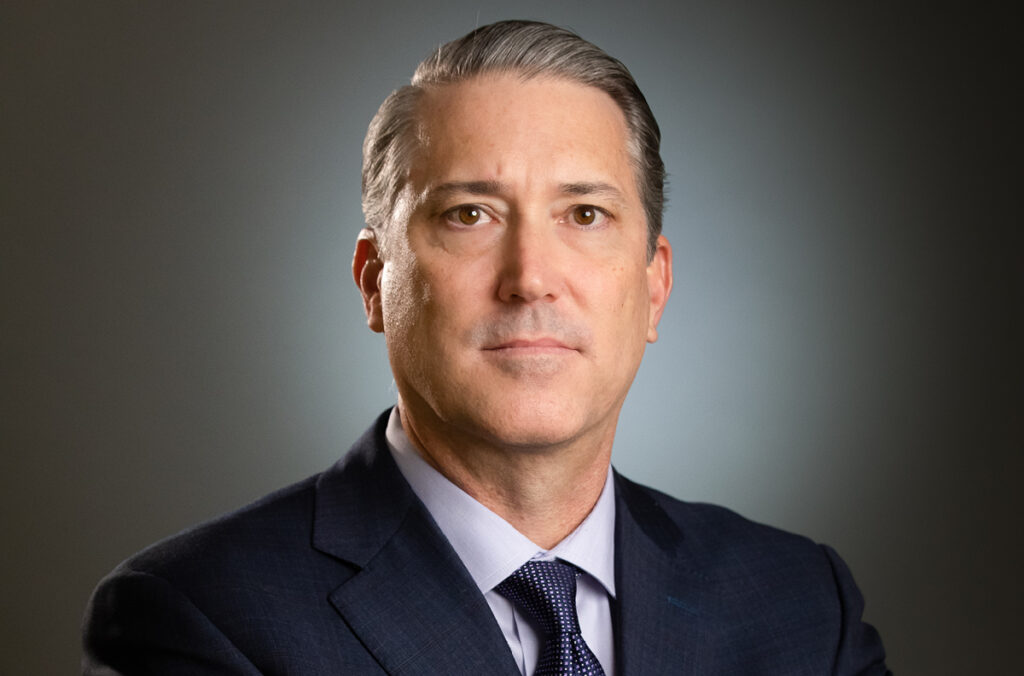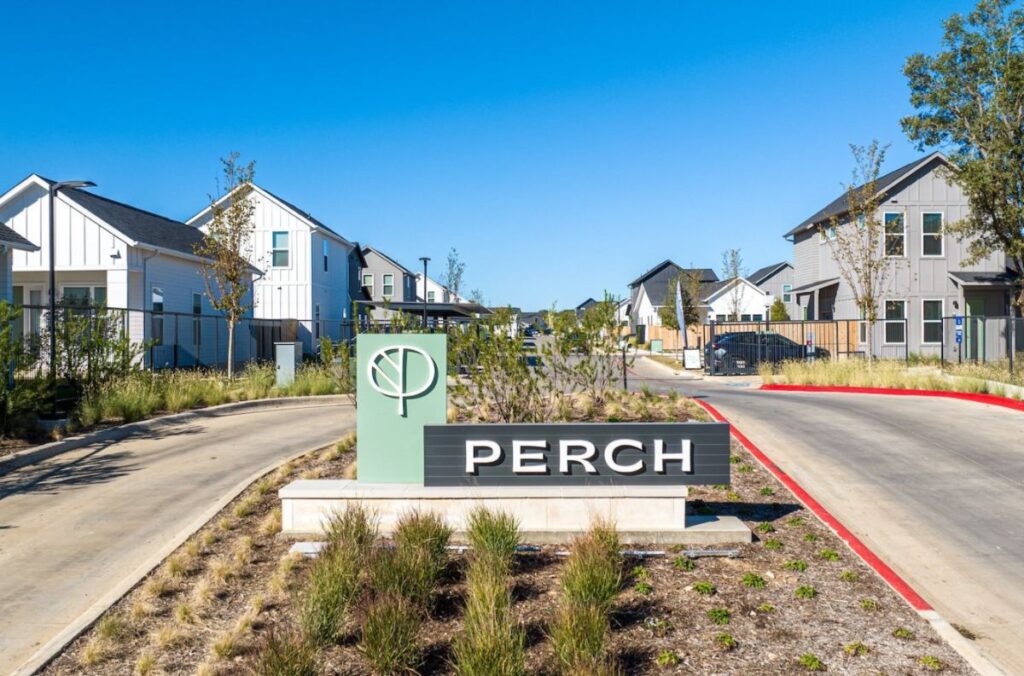Sponsor of DST Groups Carves Out Niche Advising TICs
January 27, 2017
The tenant-in-common group that recently sold the Forest Office Park complex in Richmond, Va., for $24.1 million, or $105/sf, was managed by Capital Square 1031.
The Glen Allen, Va., investment manager, led by Louis Rogers, a long-time specialist in structuring tax-deferred property exchanges, had stepped in as sponsor and manager of the TIC, at the group’s behest.
It was having difficulty lining up financing because none of its members was willing to step in as loan guarantor. In addition, most lenders are typically loathe to write loans against TIC-owned properties.
Capital Square offered itself up as guarantor, and became sponsor and manager in exchange, paving the way for the group to line up an $18.6 million loan from Benefit Street Partners. The financing was completed early last year.
That sort of deal isn’t Capital Square’s bread-and-butter. Instead it focuses on buying properties through Delaware Statutory Trusts that it structures. It so far has structured 37 such trusts that have invested in 57 properties valued at $571 million. It expects to build its portfolio to $700 million of assets by the end of the year and should hit the $1 billion barrier by next year or so.
DSTs, like the TICs before them, are generally used to facilitate tax-deferred property exchanges.
The timing to provide advisory services to TICs is ripe. Rogers called the advisory business an expansion of its core investment-management line. “We’re well suited for it,” he said, “because of our past business.”
He started putting together TICs in the early 1990s and oversaw the creation of dozens of such vehicles.
During the TIC market’s heyday in 2006 and 2007, when, given the amount of equity raised, perhaps $14 billion of properties were purchased by such vehicles. Many of those were structured with 10-year lives, meaning they’ve either passed or are coming up on their original terms. As such, they might be in need of a loan guarantor, asset manager, or replacement sponsor, as was the case with the Forest Office Park.
Because TIC groups typically focused on the middle market, the average value of their properties might be in the $20 million range. So there could be hundreds of TIC-owned properties that are facing mortgage maturities that need to be recapitalized or sold.
“We know how these deals work and how the documents” were structured, Rogers said. “This is something we’ve been doing since the early 1990s.”
TICs were structured to allow up to 35 investors to buy into a property. But those vehicles could be unwieldy because each investor holds a proportional share of a property’s title. That complicates issues when it comes time to refinance a property because any one investor is able to throw the group’s property into bankruptcy. In addition, individual TIC investors usually are loathe to serve as loan guarantor.
So demand for the services Capital Square can provide could prove healthy. While it’s not a business that just anyone can jump into, because of the legal and tax complexities of many TICs, it’s not the only fish in the pond. A number of others, including Virtua Partners of Phoenix and National Asset Services of Los Angeles, are active in the business of assisting TIC groups to get recapitalized or restructured. They’ll often roll the groups into limited liability companies, making them more amenable to lenders.
The TIC group that owned the Forest Office Park was structured by Triple Net Properties in 2005 and had purchased the property for $20.9 million.
Since the five-building property, with 228,879 square feet at 1602 Rolling Hills Drive, was 95 percent occupied, and the TIC group already had reached its expected life, Capital Square put the property up for sale through CBRE. Equitable Real Estate Partners of Boca Raton, Fla., purchased it.
“These actions resulted in significant investor savings and further enabled the asset to progress toward a successful sale,” explained Bradford Bodley, a member of the TIC group.
When the TIC group was put together, its goal was to hold the investment for 10 years, then sell the property if market conditions were favorable.
The TIC group “accomplished its goals,” Rogers said. “And it made sense to sell” the property.
To view the article, click here.


